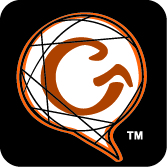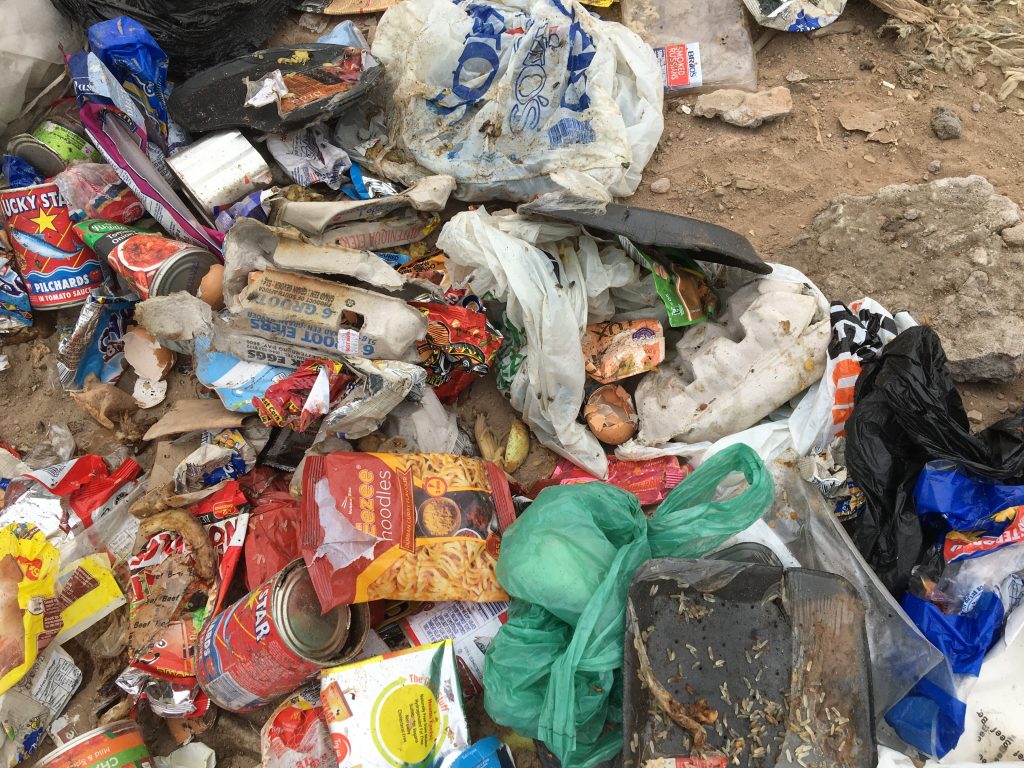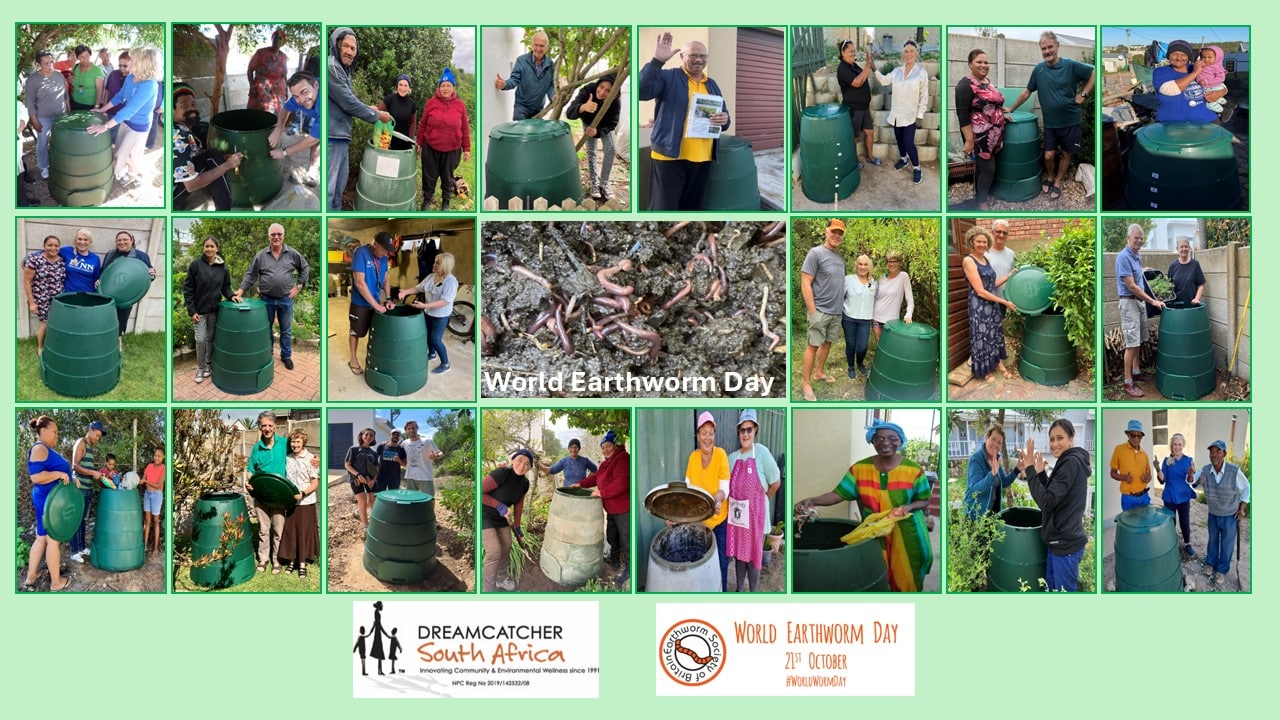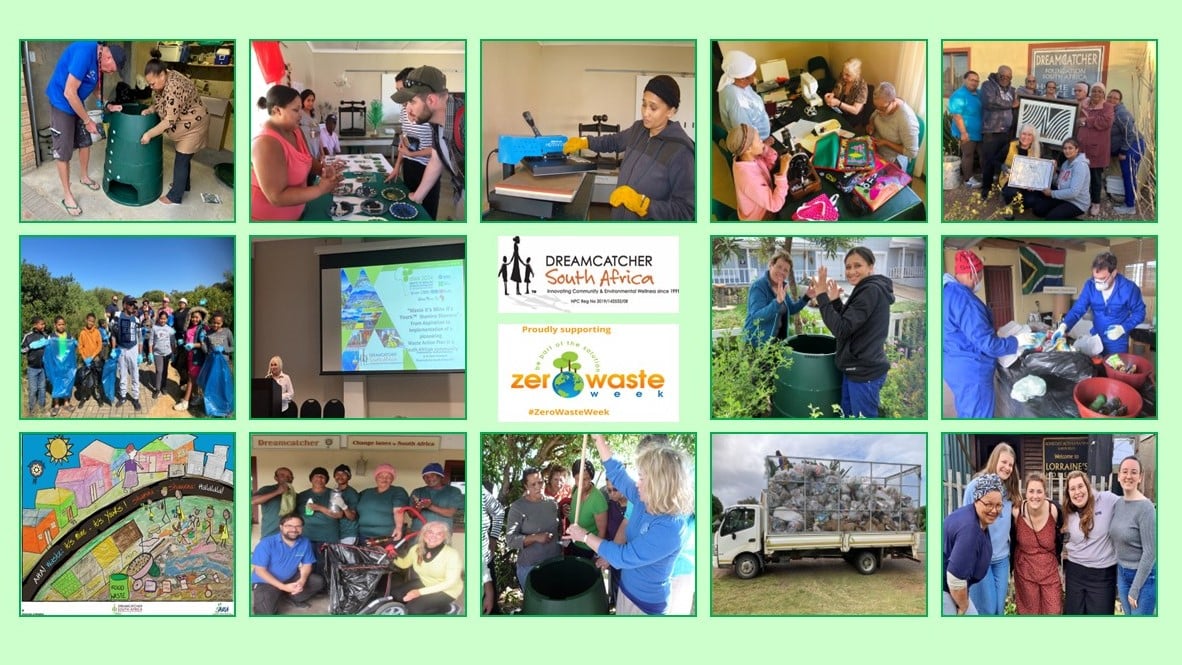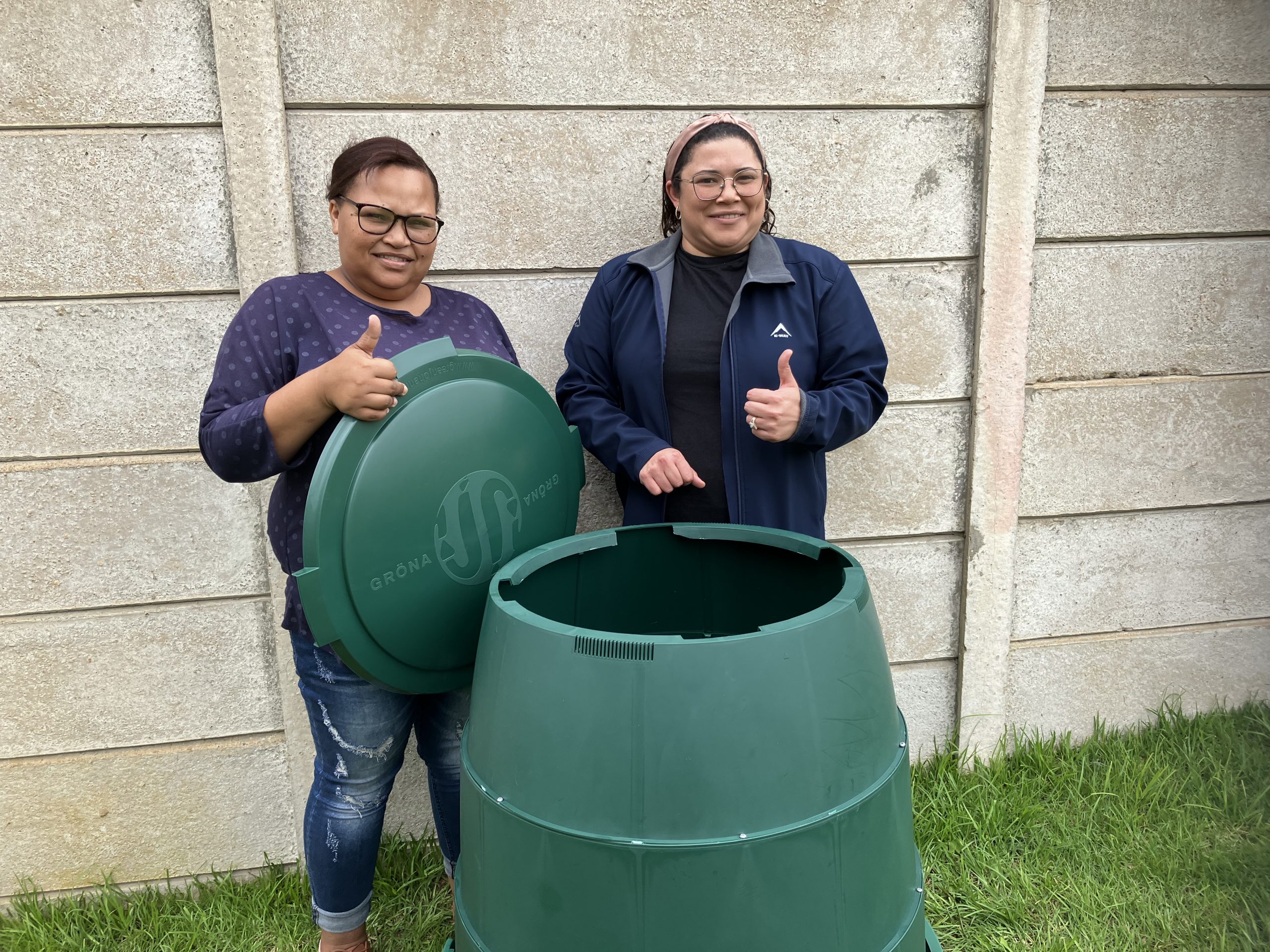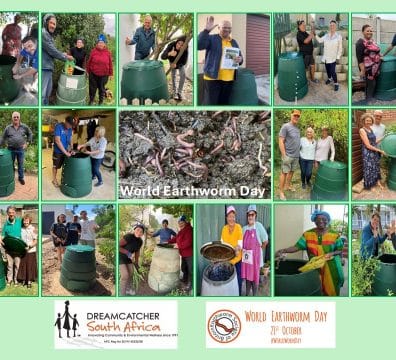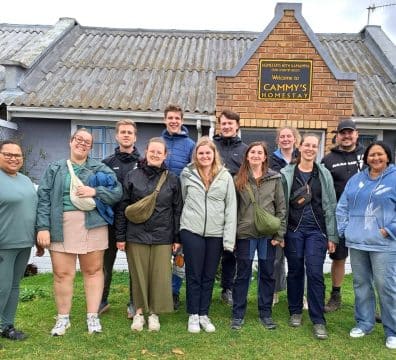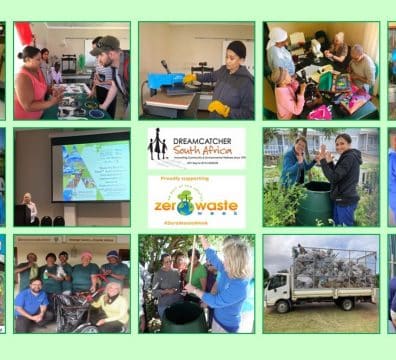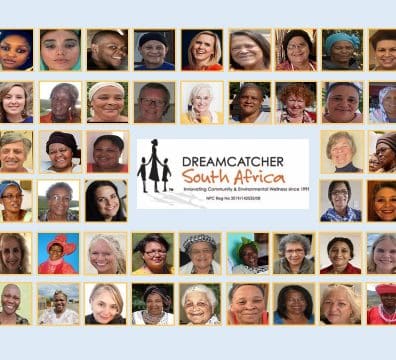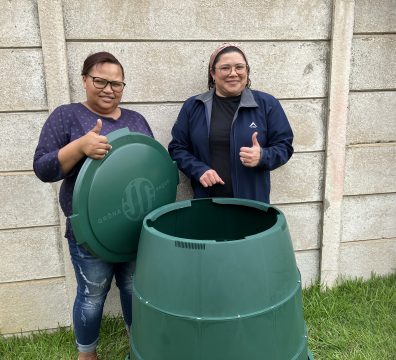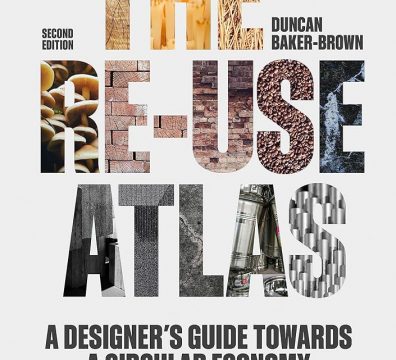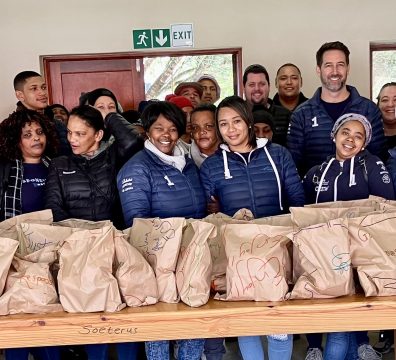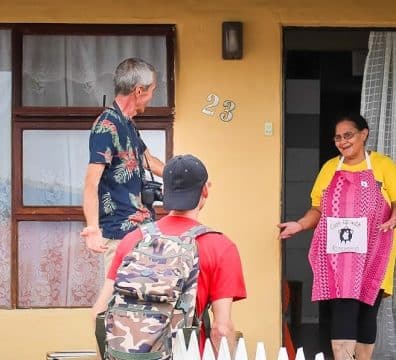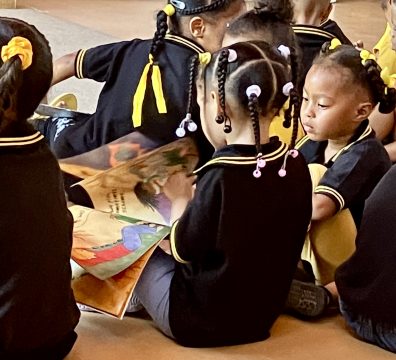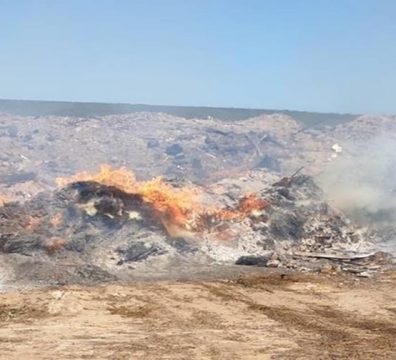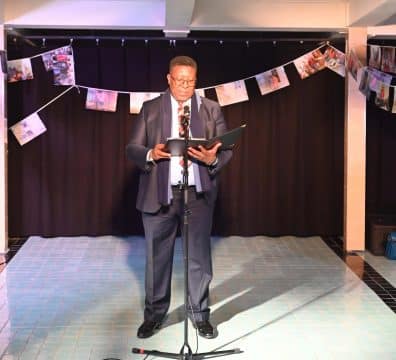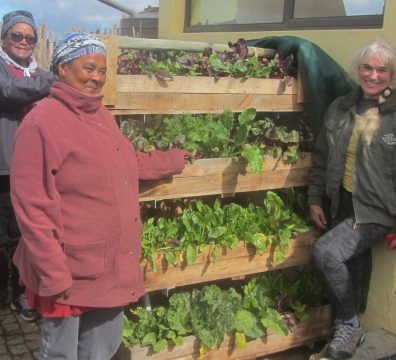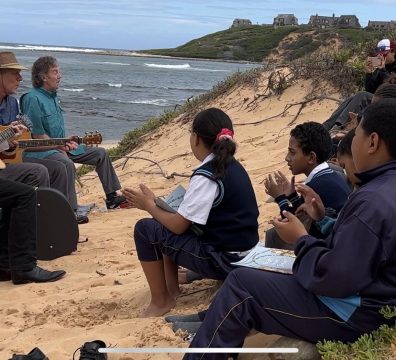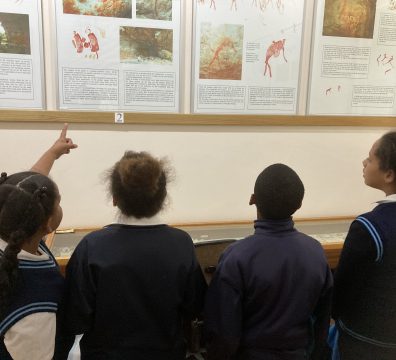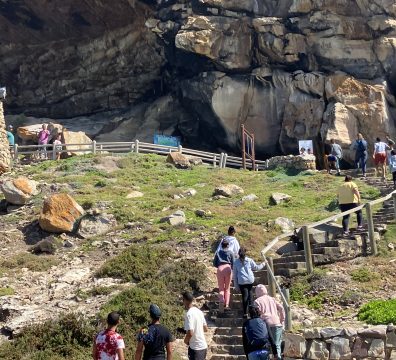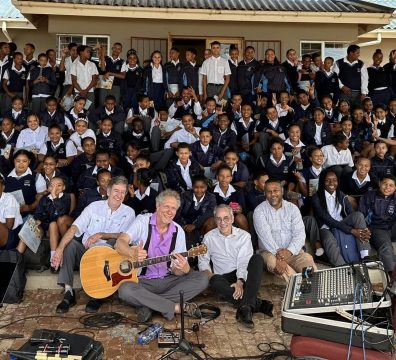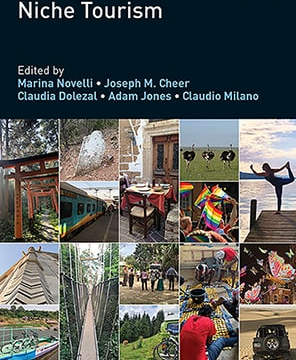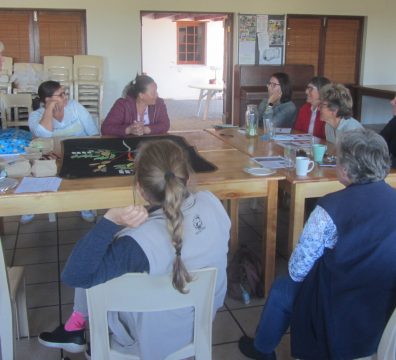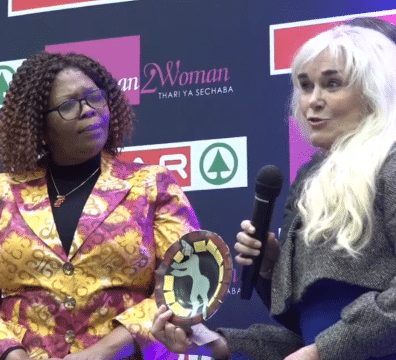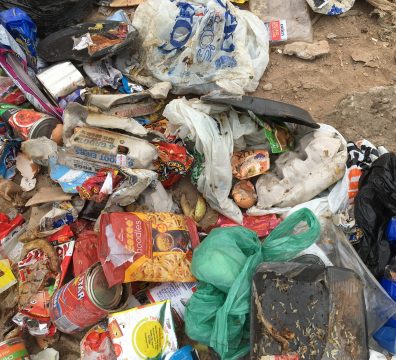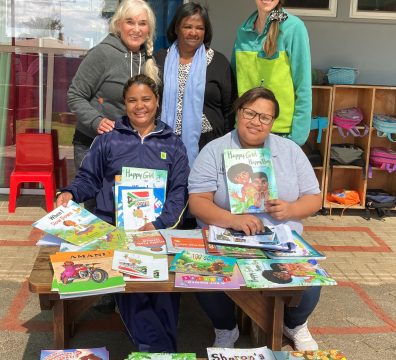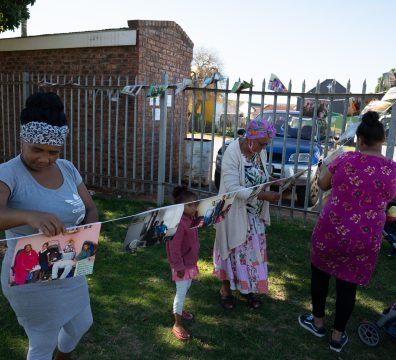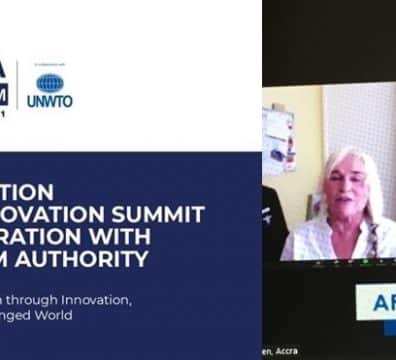At Dreamcatcher we have been lobbying for improved waste management for over a decade. Our activities are documented on our website including timeline of work to date and the Made in Melkhoutfontein programme where enterprises were provided with the skills and resources to make crafts from waste materials.
A key part of our work has been engaging with the wider community. In 2014 we set up the ‘Community Waste Working Group’ in Melkhoutfontein which earlier this year this evolved into the Stilbaai, Melkhoutfontein and Jongsfontein (SMJ) Community Waste Working Group with the group committed to addressing waste management in the greater Stilbaai area and to develop community-driven solutions to the challenges posed.
Key ongoing issues include the low levels of landfills complying with their operational license, low participation in recycling and the Western Cape government target to divert 50% of organics (food and garden waste) from disposal by 2023 and 100% by 2027. Organics are targeted as they break down in landfill generating greenhouse gases contributing to climate change. However, to date very little has been done in the local area to address these targets.
At present there is a lack of information on the behaviour of residents and businesses regarding waste, their thoughts on key challenges and discussion of solutions. Whilst local waste strategies exist, there is a lack of public engagement in the preparation of these documents. The SMJ Community Waste Working Group highlighted the need for better local information – but local funding was not available to conduct research.
Earlier this year Dreamcatcher and long-time collaborators from the University of Brighton were successful in a bid to the IGNITE programme funded by Research England, to co-design a community-led Action Plan to address the impacts of waste in the area to facilitate the move to a circular economy. The project objectives are to identify waste challenges impacting the community, co-design community led solutions, and develop a roadmap of practical and deliverable actions with measurable outcomes and positive impact.
Over the next few months we will be collecting information to inform the Action Plan – this includes conducting a comprehensive review of waste strategies, legislation and other documentation to identify key issues, facilitating learning labs with community stakeholders, and conducting questionnaires with businesses and households in the area. The Action Plan will be published towards the end of 2023 with the intention of working on agreed actions starting early 2024.

